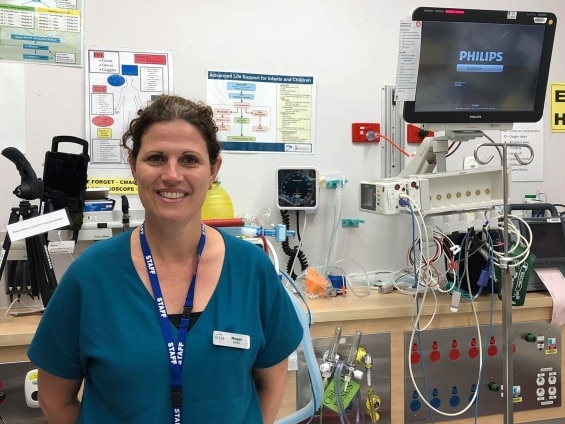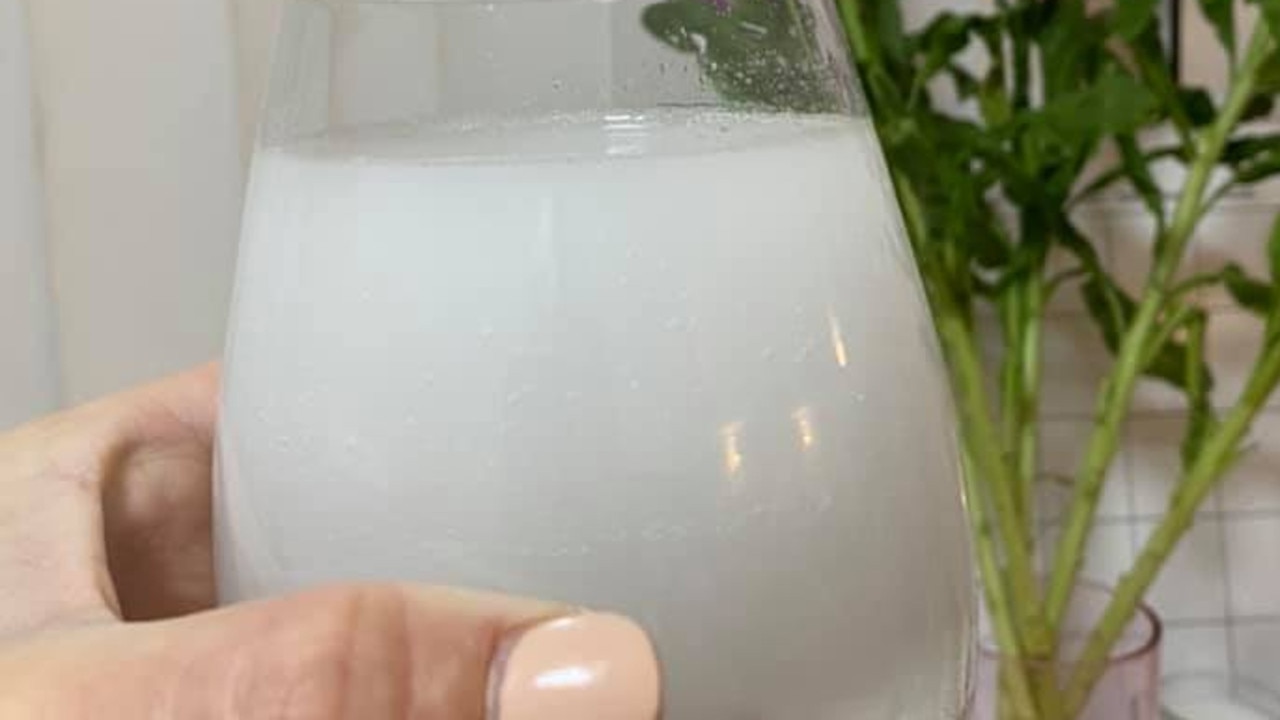Doctor from Gold Coast University Hospital given a $60,000 grant to make child sedation easier
Dr Meghan King and her team will be improving ‘scary and stressful’ hospital visits for young children by developing a more comfortable way to sedate them after she was given a $60,000 grant from the Emergency Medicine Foundation.

Sun Community
Don't miss out on the headlines from Sun Community. Followed categories will be added to My News.
A LOCAL doctor and her team will be improving ‘scary and stressful’ hospital visits for young children by developing a more comfortable way to sedate them.
Dr Meghan King, who works as an emergency consultant in the children’s emergency department at Gold Coast University Hospital, has been given a $60,000 grant from the Emergency Medicine Foundation to look at how to make sedation a less stressful experience for children.
HEALTH: 50 PER CENT OF PEOPLE DO NOT KNOW THEY HAVE HIGH BLOOD PRESSURE
“Children regularly present to emergency departments and require a medication called ketamine to sedate them while we perform necessary but painful medical procedures,” she said.

“Most commonly, ketamine is given by injection into a vein and this procedure often takes multiple needle sticks to achieve intravenous access and restraint of the child is necessary, which can be distressing for both the child and parent, and can have long term psychological impacts.”
Delivering ketamine by injection into a muscle can be an easier and quicker way of giving the medicine, and has the potential to be less distressing.
What Dr King and her team — Dr Shane George from Gold Coast University Hospital and Dr Ben Lawton from Logan Hospital — want to establish is which method is most reliable to achieve sedation, with the aim of only having one needle stick to a child.
HOW A QLD HEALTH CRISIS IS AFFECTING GOLD COAST HOSPITALS
The study will also look at the adverse effects, length of stay in the emergency department and length of sedation of intramuscular ketamine, when compared to intravenous ketamine.
“We also think it might have some economic benefits as well, but the focus is less distress for children,” she said.

The study will include 600 patients who agree to participate with the child being randomised to ether be given the intravenous or the intramuscular injection.
The research is expected to begin June 1 and Dr King said she and her team were thrilled with the grant money.
MEET THE NEW FACE OF THE GOLD COAST HOSPITAL FOUNDATION TAX APPEAL
“It was a great surprise. This funding means that we can employ research nurses to be involved in the study,” she said.
“Our nursing staff drive a lot of our research, and are essential for accurate data collection. It’s been really handy to have the support of the Emergency Medicine Foundation to do it.”


